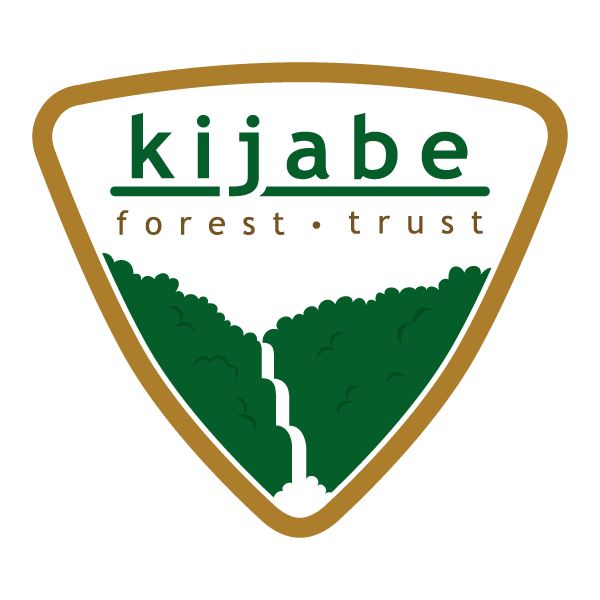Kijabe Forest Trust (KFT) is a community-based forest conservation organization registered in 2013, is committed to protecting and restoring the Kijabe Forest. Our focus is on simple interventions and grassroots activities including direct employment of community members as community rangers, increasing local community livelihood options through the promotion of eco-tourism and non-timber forest products, environmental conservation, education, and advocacy.
KFT’s geographic focal area covers roughly 6000 hectares of primary forest reserve, which serves as a critical water catchment area for several growing communities, serving roughly 300,000 people. It is also a critical flyway and Key Biodiversity area is a home to the threatened Crowned Eagle, leopard, hyena, and many other wildlife species. KFT works directly with, and as part of the surrounding community to protect, conserve, and restore the forest in this area, ultimately safeguarding water and other ecosystem services and enhancing access for opportunities for sustainable livelihoods around the forest. KFT currently employs 30 community members in full-time forest related activities, including a 23-member community forest ranger team and our tree nursery and restoration team.
Since 2013, The Kijabe Forest Trust has worked to protect, conserve, and restore the Kijabe Forest. Our activities safeguard water and other ecosystem services and enhance opportunities for sustainable livelihoods.
Vision
A sustainably managed Kijabe Forest Trust that supports community livelihoods while supporting rich biodiversity.
Mission Statement
To protect, conserve and restore the Kijabe Forest for communities and biodiversity that depend on it.
KFT delivers on this mission through a three-pronged strategy: engaging, training, and supporting community-based forest rangers through direct employment and joint patrolling with Kenya Forest Service; through restoration including direct seeding, enrichment planting, fire management, and assisted natural regeneration; and through creating economic alternatives that take pressure off of forest resources including ecotourism, non-timber forest product value chain enhancement/access to markets, and advocacy for investment.

